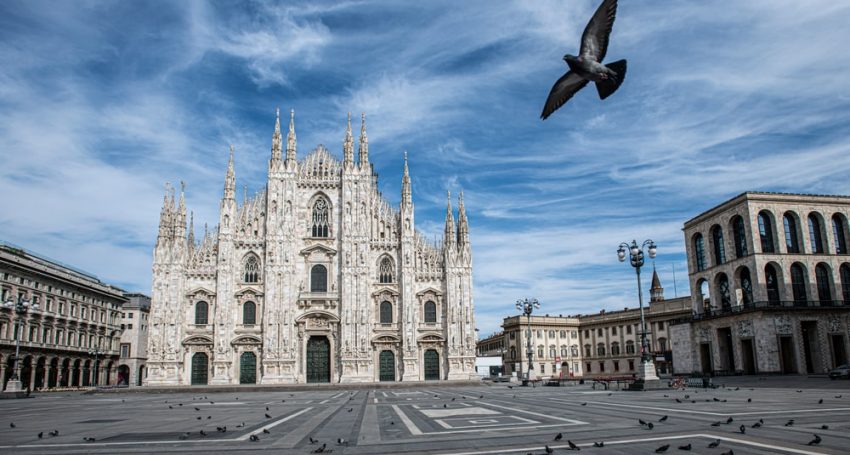European countries continue to tighten measures against the spread of coronavirus COVID-19 due to the growing complexity of the epidemics. The Greek authorities have declared a general quarantine in the country, while in Italy they introduce curfews and limit the movement of citizens.
Greek Prime Minister Kyriakos Mitsotakis announced the introduction of a general quarantine from 7 to 30 November, but promised that it will not be completely similar to the total isolation in March: the Greeks will go out into the street by texting, kindergartens, primary and special schools will continue to operate. However, the gymnasiums and lyceums will be closed. “The big difference is that now the use of a protective mask becomes mandatory for all movements of citizens,” – explained the prime minister.
In Italy, curfews will be introduced and movement will be restricted – the corresponding decree was signed by Prime Minister Giuseppe Conte. It will be forbidden to go out on the streets from 22:00 to 05:00. Also in the country will close museums, and depending on the situation with the coronavirus in the regions will restrict the movement of citizens. Shopping centers will stop working on weekends and holidays, students will be fully transferred to distance learning, and the occupancy rate will be limited to 50%. The preliminary expiration date for restrictions is December 3.
Let us remind you that the decision to strengthen restrictions was made the day before in Cyprus. From November 5 until the end of the month the movement of citizens is prohibited in the period from 23:00 to 05:00 – except for trips for urgent medical or service reasons. Catering facilities are open until 22:30. A maximum of 10 people are allowed to gather in houses and public places (except for catering). In the districts of Limassol and Paphos, where the highest morbidity rate is recorded, from 5 to 16 November introduced additional measures – a ban on group sports and public activities of minors.



